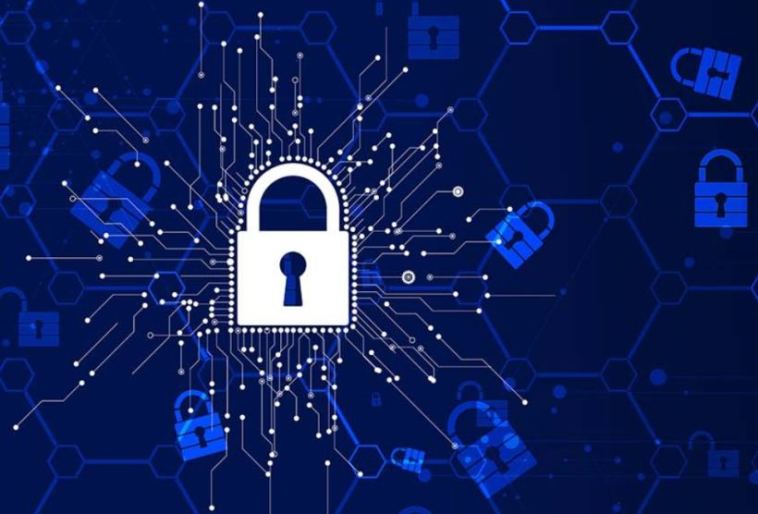- Like
- SHARE
- Digg
- Del
- Tumblr
- VKontakte
- Flattr
- Buffer
- Love This
- Save
- Odnoklassniki
- Meneame
- Blogger
- Amazon
- Yahoo Mail
- Gmail
- AOL
- Newsvine
- HackerNews
- Evernote
- MySpace
- Mail.ru
- Viadeo
- Line
- Comments
- Yummly
- SMS
- Viber
- Telegram
- JOIN
- Skype
- Facebook Messenger
- Kakao
- LiveJournal
- Yammer
- Edgar
- Fintel
- Mix
- Instapaper
- Copy Link
Introduction
Endpoints are remote devices that connect to your network, such as desktops, laptops, tablets, smartphones, workstations, servers and more. Attacks against endpoints have escalated during the last few years as more companies have adopted remote working protocols to observe COVID-19 safety rules.
Remote working employees were inadequately prepared for attacks from threat actors that leveraged malicious code or exploited vulnerabilities to drop malware or exfiltrate data.
In fact, the FBI saw cybersecurity attacks increase by at least 300% since the onset of the pandemic. And 20% of companies reported a security breach tied to a remote worker.
An infamous example of this is the supply chain attack that started with a hacked SolarWinds email account. After breaching the credentials of SolarWinds employees, threat actors compromised the company’s Orion development environment to target their clients.
Although the pandemic may be on its last legs, many companies have permanently adopted some form of remote working practices to take advantage of potentially lower operational costs. That’s why organizations must enhance endpoint security with the following steps.
Four Critical Steps to Enhance Endpoint Security
Security tightening is a must to keep cybersecurity threats at way. Here are four critical steps to help you enhance your endpoint security…
1. Employee Education
Education for remote working staff on safety procedures is an essential first step. They must learn to handle threat vectors such as phishing emails, smishing attacks, vishing threats, malicious websites, unsafe links, and dangerous attachments.
Likewise, they should be trained in good password hygiene. Sophisticated passwords and multi-factor authentication (MFA) can help protect login credentials.
2. Corporate Virtual Private Network (VPN) Account
Remote workers should have access to a reputable VPN service. Not only does a VPN mask IP address, but it encrypts data to leave it unreadable. Remote workers must also avoid connecting to company networks on unsecured public WiFi networks. Such networks are vulnerable to hacks, spoofing, and Man-In-The-Middle (MITM) attacks.
3. Strict Bring Your Own Device (BYOD) Policy
Using personal devices for work can be a recipe for disaster. Personal devices may not be secure enough to access company networks without endpoint security.
4. Endpoint Security Software
Conventional antivirus software is insufficient for modern threats because it relies on signature-detection technology. Emerging threats with unknown signatures or threats that can change their code require a more advanced solution. Investing in a proactive endpoint security solution that utilizes artificial intelligence to hunt unknown threats is a good idea.
With help from a long-established IT services provider, your company should use a comprehensive security solution that secures your devices and data. Experts recommend Microsoft Defender for Endpoint. With Softlanding managed IT support — your organization can gain a next-generation defense mechanism against malware and zero-day attacks.
Here are some key features of Microsoft Defender for Endpoint:
-
- Shields your organization by proactively identifying and responding to threats.
- Minimizes your organizations attack surface by offering more visibility and control of endpoints.
- Detects and responds to security concerns, providing data to help you remediate security events.
- It can automatically investigate and respond to security concerns.
- Features cloud-based threat intelligence and Windows 10 Secure Boot to help keep devices safe.
The Bottom Line
Remote work can leave your company vulnerable to cybersecurity attacks. Minimize expensive operational downtime by investing in endpoint security with the help from a qualified IT services provider.


